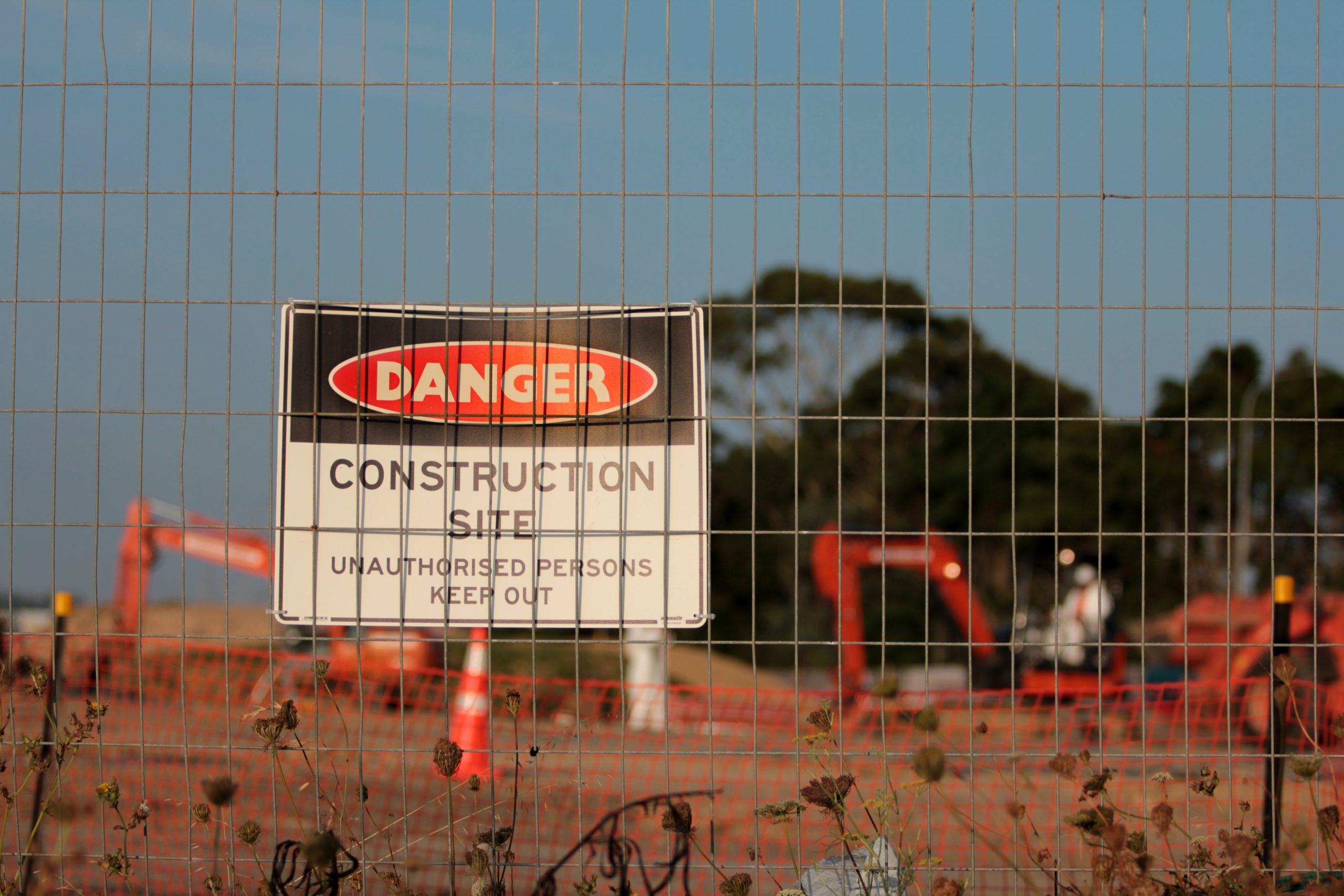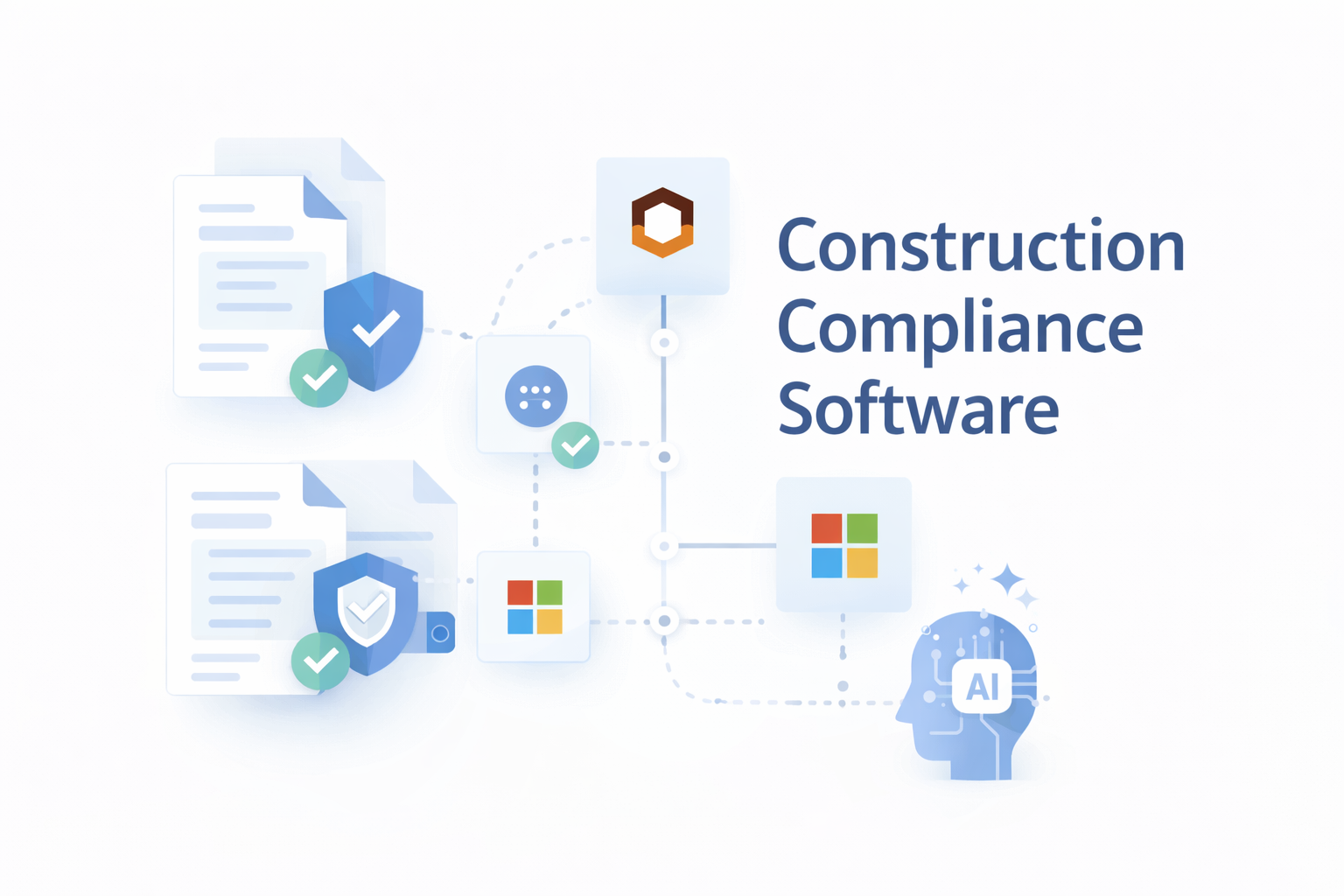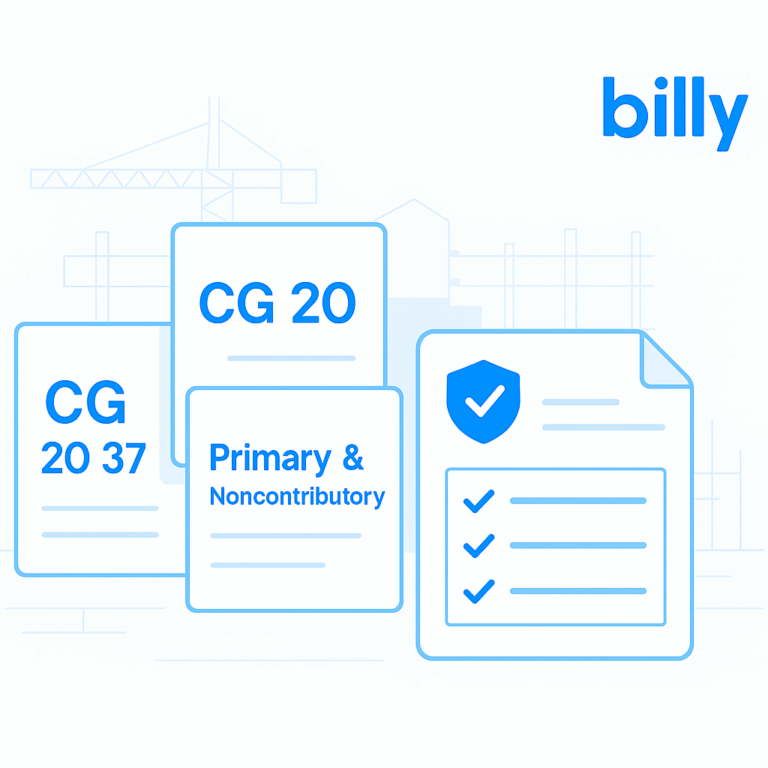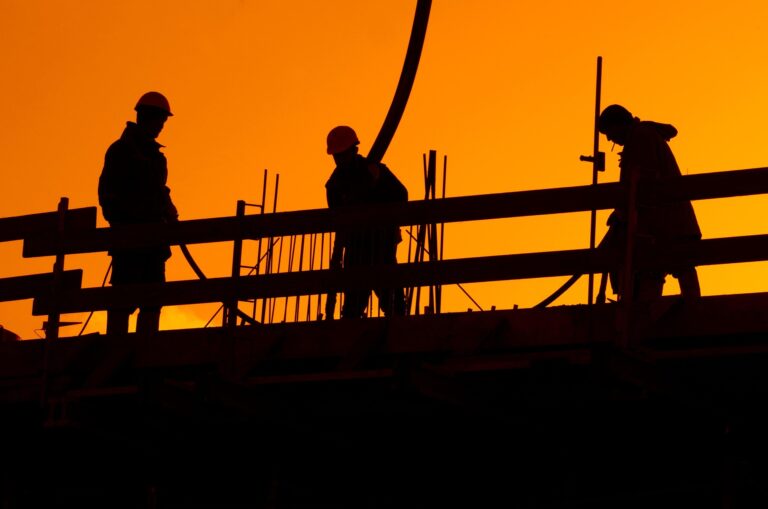Much of the focus of risk management in construction projects is placed on the operational, contractual, environmental, and financial components of any given job. Safety hazards, unknown site conditions, material availability, unexpected cost increases, and simply poorly written contracts are probably some of the most obvious construction risks raising more than a little concern for construction businesses. Those risks are also why construction insurance has become so important.
Moving into 2022, however, unprecedented construction risks have presented new challenges for construction companies. Similarly, they’re causing insurance costs to climb. Not that it should come as much of a surprise, but chief among those risks are four elements affecting many businesses these days: COVID-19, climate change, cyberattacks, and labor shortages.
Here’s how these emerging trends in the construction industry could affect construction companies:
COVID-19 in the Construction Industry
Over the course of the COVID-19 pandemic, the costs associated with absent workers have totaled more than $78.4 billion nationwide. Our whitepaper notes that within the construction industry itself, 75% of insurance claims were for lost time due to sick employees, which amounted to $195 million in 2020. For general liability, this could result in premium increases anywhere from 5% to 20%. The reason comes down to risk exposure, as contractors must reduce their hours or not conduct business at all due to sick subcontractors.
Cybersecurity in the Construction Industry
Cybersecurity in the construction industry has become of utmost importance in recent years, largely due to the simple fact that a cyberattack is no longer an “if,” but a “when.” In the U.S., a small business is the target of a cyberattack every 39 seconds, according to the whitepaper referenced above. That wouldn’t be as much of a problem if organizations were properly protected, but 84% of small businesses don’t have IT security. If one of your subcontractors or vendors fails to fortify their operations against an attack, it puts your business at risk.
Climate Change in the Construction Industry
Insurance regulators are saying climate change will have a high impact on coverage and underwriting. For one, natural disasters and extreme weather-related events have led to massive losses for insurance companies, forcing increases on premiums. Climate change has also caused carriers to rethink construction risk models, which is ushering in not only changes to insurance premiums, but also reevaluations of portfolios. Insurance carriers are now putting projects to the stress test for total exposure to climate hazards.
Labor Shortages in the Construction Industry
Labor shortages are nothing new in the construction realm. Regardless, the current environment has exacerbated the problem, with 88% of contractors reporting a moderate to high level of difficulty finding skilled workers, according to our whitepaper. As a result, 35% of these contractors have been forced to turn down work. After all, those who’ve taken on new projects when short-staffed can run into construction delays, budget increases, legal disputes, and safety concerns. Inexperienced workers are simply more apt to be injured, which can lead to more risk.
Facing Emerging Trends in the Construction Industry Head-On
With all of these combined issues, risk management on construction projects has become even more of a necessity to minimize potential impact. While preparing for this new year, front-office operations must establish a well-defined direction for risk management strategies to mitigate these emerging problems in the construction industry. Consider the following steps:
- Evaluate insurance policies.
Coverage plans are changing, and construction companies should begin evaluating their policies — as well as those of their subcontractors. Upon signing a contract, insurance requirement stipulations will go into effect on day one of the project. Make sure everyone on site has the proper coverage by instituting an insurance management plan to verify and monitor all policies.
- Manage the renewal process.
Coverage gaps in insurance during construction can quickly expose a company to construction risk. Review the current insurance management plan and consider instituting conditions for all parties to begin the renewal process at least 60 days before their policies’ expiration dates.
- Focus on project scheduling.
Proper scheduling can do more for construction companies than keep projects on time and within budget. It’s key to ensuring proper insurance coverage for all parties, as the front-office operations can better understand whether extensions of existing coverage are necessary to see a given project through to its end.
- Get serious about cyber insurance.
Technology adoption in the construction industry is only picking up pace, which means all constructions companies are now storing and managing increasing amounts of data. Cyber insurance will help cover a company’s liability should it be subject to a data breach involving sensitive customer, supply chain, or employee information.
- Use billy!
Insurance tracking software keeps all insurance information in one place. Billy’s platform is more than just a data repository. It eliminates the time-intensive task of data entry and helps manage all insurance certification-related activities. Team members can even communicate with subcontractors about their coverage directly from billy’s dashboard. And if a project manager or contract administrator wants to conduct a quick risk assessment, all the necessary information is accessible through any connected device.
Managing insurance during construction is especially challenging given the emerging trends in the construction industry and associated risks — but billy makes it easy. If you’d like to learn more about how our platform can help you mitigate construction risk, contact us today to schedule a demo.






